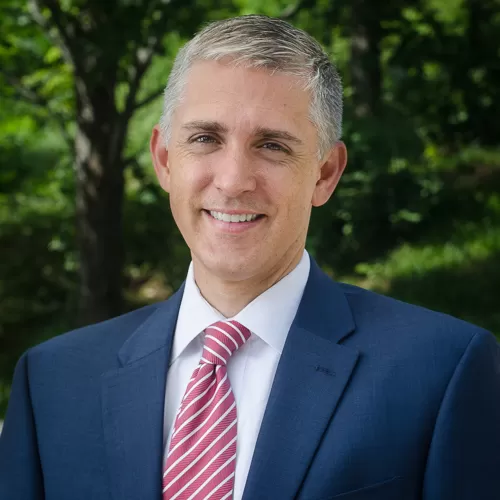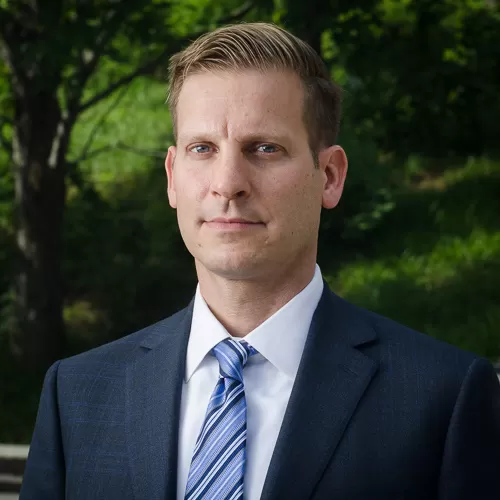Sometimes things go awry. Accordingly, our Civil Litigation section focuses on problem solving and conflict resolution as critical legal services that we provide to our clients.
The PLDR Civil Litigation group is at home in all of the Virginia State and Federal Courts. Among PLDR’s four attorneys that regularly practice in the courts system, the firm is approaching 100 years of experience in litigation related matters and have experience trying cases at all levels of the court system, including the local, state, and federal courts.
We assist our clients in a myriad of cases, including the following:
Doing battle in the courtroom, however, may not always be in the best interest of a client. PLDR’s attorneys are skilled in recognizing those instances and are highly trained and experienced in resolving conflicts using alternative dispute resolution methods such as mediation, arbitration, and sometimes just good common sense in coming up with strategies to resolve problems and issues that our clients may face.





